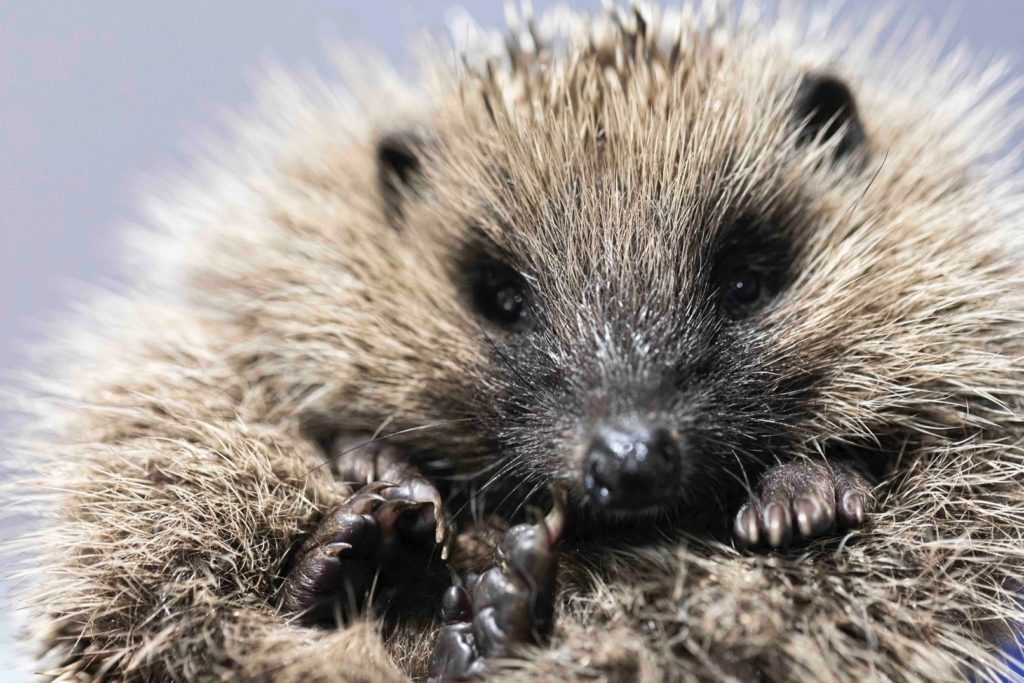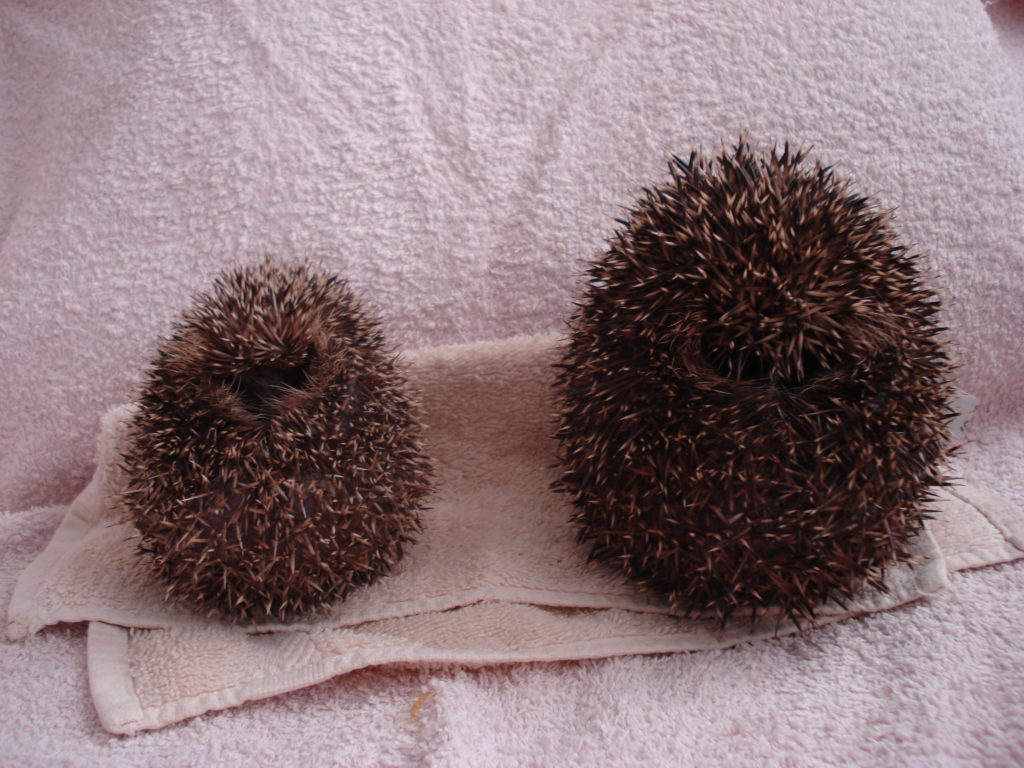Research: Hedgehog stress, personality and survival rates
9th June 2021
Dr Sophie Lund Rasmussen (also known as Dr Hedgehog) and her colleagues have recently published new research into hedgehog rehabilitation.
Dr Hedgehog, of Aalborg University and the University of Oxford’s WildCRU, studied personality traits, levels of stress and survival rates of rehabilitated hedgehogs compared to wild hedgehogs.

Stress levels
Rehabilitated hogs had a significantly higher level of the stress hormone corticosterone in their bodies, compared to wild hogs. The hormone increases due to physiological and psychological stress, and can be measured in saliva and urine. Long-term elevated stress levels, as in humans, can have serious physiological consequences for hedgehogs. The higher level of stress shows that being handled and placed in captivity can cause long-term stress in the animals. This highlights the importance of periods of captivity being as short as possible.

Credit: Rob Lamont
Personality
Personality traits, such as shyness and boldness, were measured by placing the hedgehogs into new environments or around new objects, and seeing how quick they were to explore. The personality trait data was then used with the rehabilitation data and was shown to have no influence on the post-release survival rate of rehabilitated hedgehogs. This is good news for shy hedgehogs who appear to have as much chance of success as confident ones.

Survival
Post-release survival rates between rehabilitated and wild juvenile hedgehogs were recorded and found to be no different. This means that it is worthwhile for carers to raise juveniles, as they appear to have as much success when they are released as wild hedgehogs.
The study on personality and post-release survival did have quite a small sample size of hedgehogs, so results could include some bias. Dr Hedgehog hopes that the results will contribute to an improvement of the practice of hedgehog rehabilitation, and result in shorter admission times for patients.

